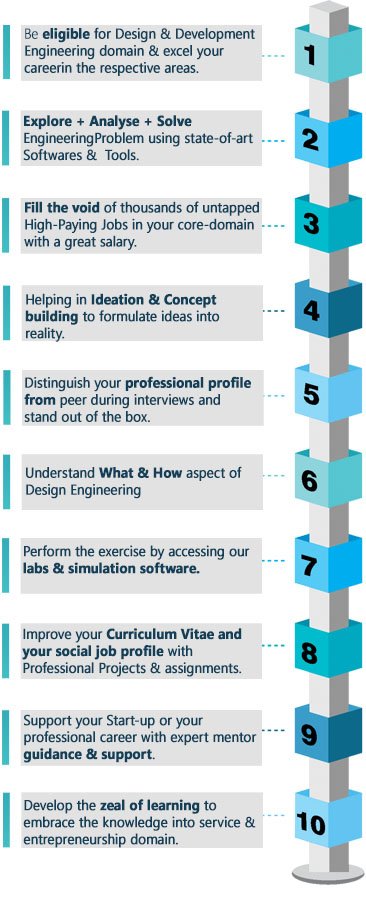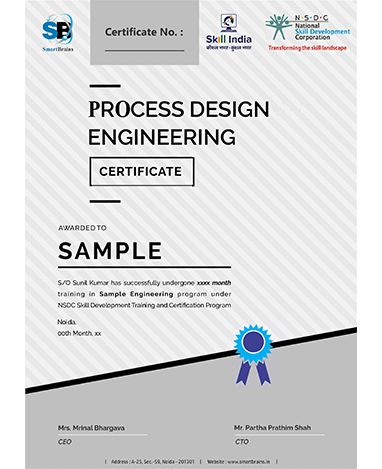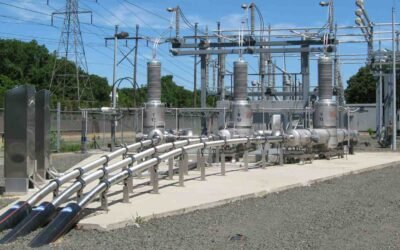About the Program
The objective of this Workshop is to provide the candidates the Detail knowledge of Internet of Things & Embedded System to facilitates faster learning curves while on the job.
The explosive growth of the “Internet of Things” is changing our world and the rapid drop in price for typical IoT components is allowing people to innovate new designs and products at home. In this course, you will learn the importance of IoT in society, the current components of typical IoT devices and trends for the future. IoT design considerations, constraints, and interfacing between the physical world and your device will also be covered.
Learning objective
- Discuss the major components that constitute an embedded system.
- Implement small programs to solve well-defined problems on an embedded platform.
- Develop familiarity with tools used to develop in an embedded environment
- Understand what is a microcontroller, microcomputer, embedded system.
- Understand different components of a micro-controller and their interactions.
- Become familiar with programming environment used to develop embedded systems
- Understand key concepts of embedded systems like IO, timers, interrupts, interaction with peripheral devices
- Learn debugging techniques for an embedded system
- Learn about “Wired Robot”, Line Tracking Robot, Object Avoider robot, Mobile Phone Controlled Robot
- Develop and implement IoT system, solutions, and applications.
- Good understanding of reference architecture, like- Network, Device, Application & Client Server vs Public Subscribe.
- Design IoT Device – sensors, embedded development boards, Interfacing peripherals & Programming
- GPIOs & Design Considerations.
- Work with IoT Communication Protocols like- wired, wireless, Networking & Application
- Write applications using programming Languages like- Arduino and Python
Program Highlights

About The Course

Course Modules
- Introduction to Microcontrollers
- What is Microcontroller?
- Difference between Microcontroller and Microprocessor.
- Which Microcontroller is to choose and why?
- Pin configuration of Atmega16.
- How Micro controller works?
- Atmega16 basics feature.
- Introduction of “DevelopmentBoard”.
- How Microcontroller programmed?
- Explanation of programmer.
- How to make the program code?
- Concept of IDE.
- Introduction to CVAVR(Compiler).
- Interfacing with LED, Switch and LCD
- The microcontroller I/O registers
- Interfacing of LED with
- How do we take the output from Microcontroller?
- The logic for LED glowing in different
- How does switch works and their practical
- Interfacing of the switch with
- How do we give the input to Microcontroller?
- Developing logic for controlling LED using
- Introduction of
- Block diagram of
- How do
- LCD works and their practical use?
- Interfacing LCD with
- Explanation of function and file use in
- Serial Peripheral Interface (SPI) and Interrupt
- What is SPI?
-
- Theory of Setting up SPI
- What is Master microcontroller?
- What is Slave microcontroller?
- What is Data function?
- Transmission of
- Reception of
- What is Interrupt?
- Types of Interrupt.
- Application of Interrupt.
- Arduino Programming
- I/O
- UART
- All Programming Basics
- IoT Module
- Interfacing sensor (Analog & Digital) with MCUs
- Interfacing switches and LEDs with MCUs
- Interfacing sensors and other peripherals using SPI and I2C communication
- protocols
- Installation of Numpy, Panda, IoT analytics and many other pythons
- packages
- Installation and Working with python notebooks
- Learning python fundamentals and programming.
Course Certificates
SmartBrains is associated with The National Skill Development Corporation (NSDC) as the Training and Certification partner for various job oriented training programs across various sectors including Oil & Gas, Power, Renewable Energy, Hydrocarbon, IT & ITs, Electronics, Telecom, Agriculture, Life science, etc. offering assessment based Training & certifications for a gamut of job profile.
Who should join?
- Working professionals in Domains: Site Engineering, Construction & Commissioning operation & Maintenance, Technicians in Electronics Engineering Field.
- Students (Electronics Engineering, Diploma in Electronics Engineering) who want to develop their career in Design Engineering.

For Corporate queries
A-25, Sector-59, Noida (UP),India
Pin Code-201301
Connect with Program Advisor
training@smartbrains.com
+91 8955560560 | +91 9891108700
www.smartbrains.com
Nodal Centers
Noida, Dehradun
Guwahati, Pune
Course Features
- Lecture 0
- Quiz 0
- Duration 24 hours
- Skill level All levels
- Language English
- Students 0
- Assessments Yes






